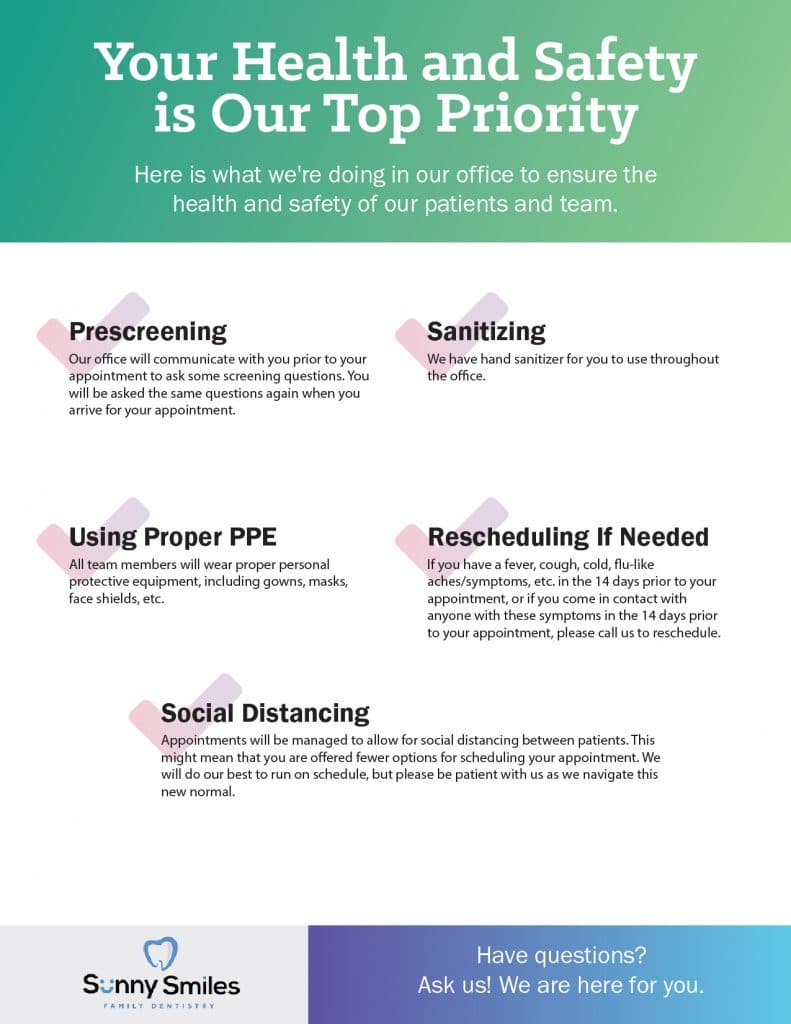Extracting Impacted Wisdom Teeth in El Paso, TX

In some cases, a tooth must be extracted because it’s become so damaged or decayed that it can no longer be restored. Leaving it in place could increase risks of complications to the rest of your oral health, while extracting it can make way for your dentist to restore your smile by replacing it. However, when a wisdom tooth (or third molar) needs to be extracted, it’s typically because it has become impacted within your jawbone and cannot fully erupt. This can lead to increasingly more severe tooth discomfort, as well as damage to other nearby teeth and your jawbone structure.
Why Do We Grow Wisdom Teeth?
Third molars are the last set of permanent molars to develop on your dental ridges. They typically begin to appear by the age of 17 and continue to develop into your early 20’s. As remnants of a time when our ancestors needed the additional chewing power, not everyone develops wisdom teeth. Among those that do, third molars may fully erupt without trouble. However, many people don’t have enough room at the end of their dental ridges after the eruption of their second molars. Therefore, they experience complications due to the impaction of their third molars within their jawbone and against their second molars.
How Will I Know I Need to Extract Mine?
When a wisdom tooth becomes impacted, it can lead to a wide range of concerns, some of which may be more obvious than others. For example, the longer a third molar remains impacted, the more likely you begin to experience:
- Increasing pain at the back of your dental ridges
- Sensitivity when you bite and chew
- Redness, swelling, and irritation in the gum tissues around your molars
- A change in the alignment of your molars (and other teeth, as time goes by)
- Severe discomfort in your jawbone around your areas
- Damage to the structure of your molars
- And more
How Is It Different from Dental Extraction?
By the time an impacted wisdom tooth becomes obvious, it has already become impacted and extracting it may require minor oral surgery. Your dentist will have to expose the tooth’s structure underneath your gums and jawbone, then carefully extract it to avoid further damage to the rest of your teeth and oral structures. In some cases, patients may choose to extract wisdom teeth before they become impacted to avoid the risks of severe discomfort. Before recommending wisdom tooth extraction, your dentist will perform a comprehensive examination and take detailed X-ray images of your jawbone to determine if it’s the best option. If it is, then your procedure will include minor oral surgery to uncover and remove the impacted tooth structure, and the use of appropriate sedation, if you prefer.
Ask About Wisdom Tooth Extraction
To find out if you should extract your wisdom teeth, or to schedule an appointment, call the Sunny Smiles office nearest you in El Paso, TX, today! We have offices in East and Northeast El Paso, and happily welcome patients from all nearby communities, including Chaparral, Canutillo, Vinton, and Sunland Park, New Mexico.




